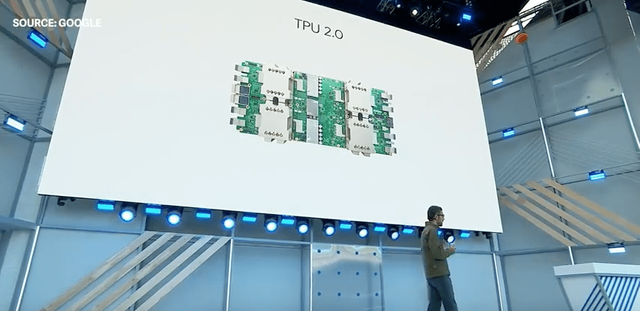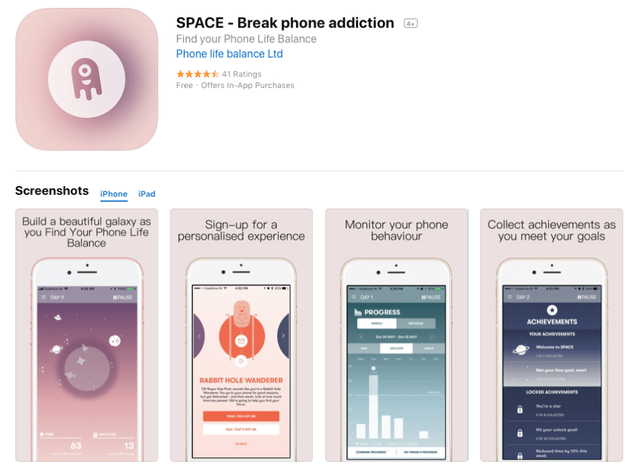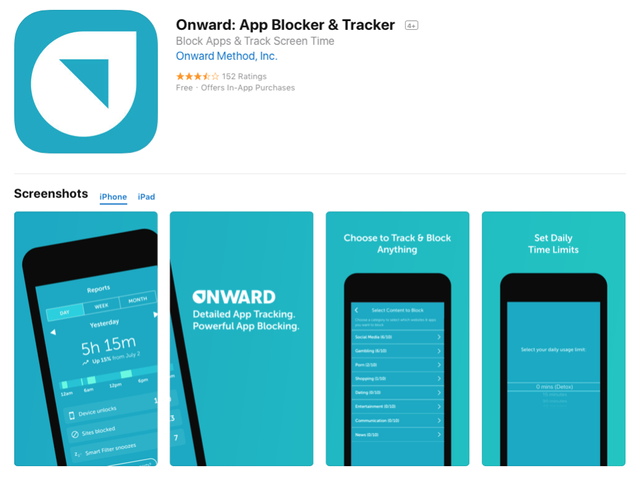
As the term “digital detox” has been an ongoing topic of discussion in 2017, we couldn’t wait to see when the tech giants were going to acknowledge the issue through action.
Google’s IO Keynote, which took place just days ago, revealed that the technological monopoly is ahead of the competition once again. They have coined their own term of Digital Wellbeing and it’s a prevalent driver of Android P.
But, how is the upcoming version of the Android operating system going to impact the digital wellbeing of its users?

The Google Keynote revealed that the company is striving to hand control to the user. If the user gains the power over their device, then they will be able to use it more mindfully. Digital Wellness is integrated into Android P in a number of ways:
Home Button Removed
Since the home button has been removed, one swipe up shows all open apps and the user can interact with them without opening any of them. Whereas a longer swipe takes the user to general app screen
Work Apps Tab
There is a tab for work apps which allows the user to establish a better work-life balance. By not being tempted to use the work apps after a long day at work.
AI
Google has been throwing the term “AI” around heavily. So much so, that it has become something of a worthless buzzword. But perhaps its use of deep links can be considered intelligent. Android P will intuitively take the user to the part of the app they most need when they most need it. Google not only recommends apps based on past behaviour and location, but it does the work for the user and takes them to the most useful part of the app.
Full Device Control
The Android P user will be able to set a time limit on how long they want to spend on a certain app a day. For instance, Instagram or Facebook. This gives the user more control and more importantly awareness, as we can begin using software to change our behaviour. “Do Not Disturb” mode has been amended to not display any notifications. It removes interruptions faster than ever before which will allow users to be fully present with their family, friends and work, simply by turning over their device.
Reduced Anxiety Through Advanced Tech
Google duplex unites deep learning, text to speech and language understanding to allow google assistant to do things you ask in the background for you. Google also boasts a faster, more efficient ways to handle notifications to minimise anxiety.
But what if you don’t have an Android?There are apps which iOS users can download to increase their digital wellbeing and regain control of their smartphone addiction.

Space app
The iOS user can create their own galaxy by collecting badges and passing challenges when they minimise their phone usage. By gamifying the process of letting go of digital dependency, the user can maintain their success for longer periods of time.
Onward
Onward uses an AI chatbot to help its users with their digital addictions. The app also uses a VPN to block access to the apps which cause the biggest distraction. Onward creates a personal experience and acts as a friend who is always available when the user feels triggered to use an app which they find detrimental to their productivity and wellness. The user is even able to pause the VPN for five minute periods which allows them to visit the apps which typically distract them.
Conclusion
It’s clear that the 2018 consumer is a digital hybrid with higher technological abilities than ever before. This means that their devices have become an integral part of their work and leisure. Since smartphones have infiltrated every part of the life of a modern human, they’re not going away anytime soon. Google understands this and is leading the way in showing that tech companies needn’t fear losing their user base. In fact, it must become their primary focus to cultivate Digital Wellbeing by offering the user more control and data. A more mindful user is a happier employee, consumer and person. The next question is, will Apple rise to the challenge and adapt iOS?
Posted from my blog with SteemPress : http://rolleragency.co.uk/blog/android-p-digital-wellbeing-gaining-control-device/